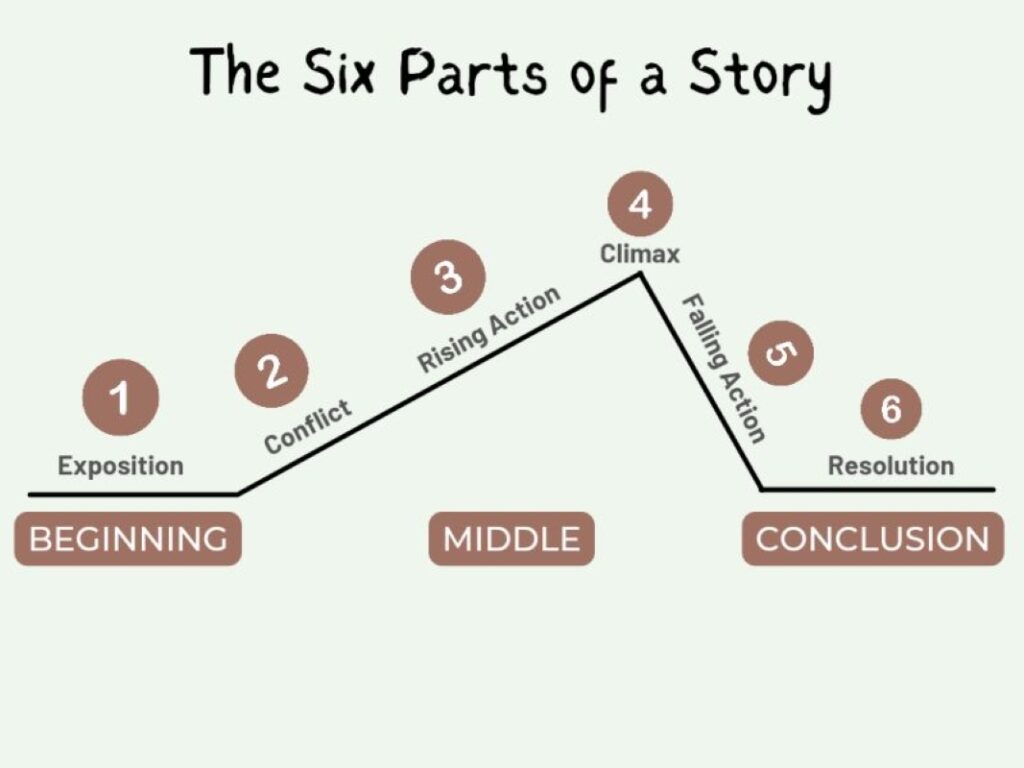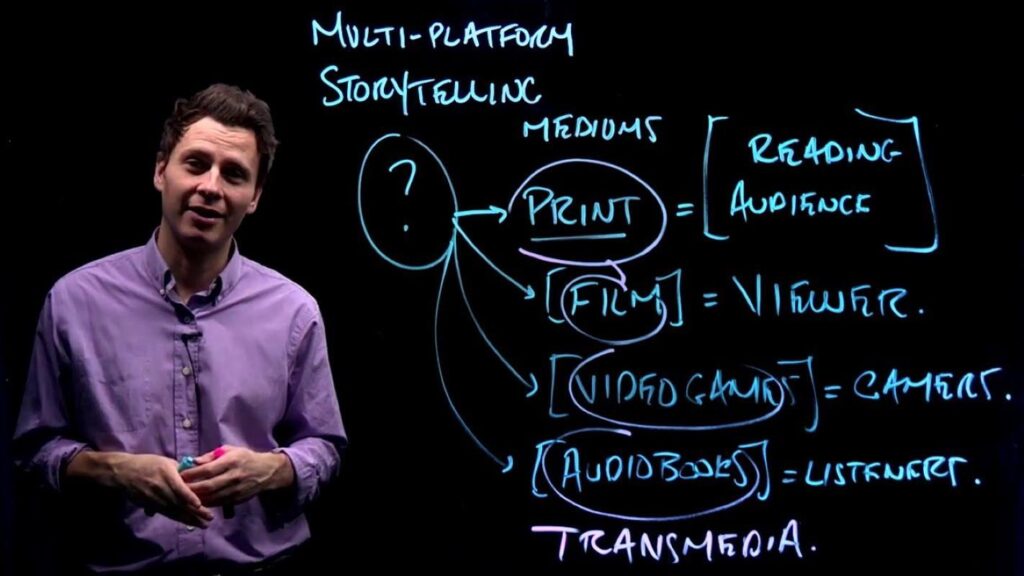Before delving into the five most essential tips for becoming a master storyteller, we must understand what the skill entails. Being an astute accountant, data analyst, medical engineer, prompt engineer, or CEO is insufficient. Instead, our ability to express ourselves through engaging narratives will determine the scope of our influence on others.

History tells us that the most influential individuals of all time were excellent storytellers. Indeed, folks who add storytelling techniques to their litany of skills often stand out in their respective area of specialization. When interviewing for a job, adding a small dose of storytelling to your qualifications can stand you out from the crowd and eventually get you employed.
Venture capitalists often invest with founders who can craft their business ideas, crazy or not, into compelling stories. The earnings report, charts, and design manuals may leave your audience nodding off, but a well-told story never fails. So, this is why we are setting forth these five stellar tips for crafting a good story:
ALSO READ: 9 Mindful Health Hacks To Improve Your Well-being
1. Establish an Emotional Connection With the Audience
Every living human sees the world from a slightly different perspective. So, it becomes necessary to consider this when telling a story to an audience. Make your audience understand that they deserve their individuality and that you respect their unique perspective before compelling them to see things your way.

This emotional connection is a great tactic for audience engagement. Do you remember the last captivating movie you saw and how you occasionally felt like you were one of the characters? Emotional connections can make a story compelling. Still in doubt? Go online to search out the most popular TED Talks, and you will learn the important role emotional connection plays in audience engagement.
2. Paint a Visual Imagery of Your Storytelling Goal
People engage in storytelling for various reasons, so endeavor to establish your goal from the onset. Steer clear of loose-end stories that leave the audience dangling by the time you are done. Premeditate the purpose of your story and deploy all the storytelling techniques in your arsenal towards that goal.

You can be creative and innovative all you want, but keep the bullseye in focus. No matter how sensational your story gets, it would be pointless if it did not achieve the intended goal. For example, comedians tell stories to elicit humor and laughter, politicians to whip up support, and field commanders to boost the morale of military personnel.
Again, keep the goal always in focus.
3. Hone the Storytelling Skill Through Practice and Refinement
Every grandmaster was once a rookie, so feel comfortable starting from where you are on the storytelling scale. Thanks to their wealth of experience in the craft, some folks will tell random but fascinating stories at the drop of a hat. Similarly, great orators and men of letters like Abraham Lincoln and Winston Churchill were not always masterful communicators; they equally honed their skills over time.

So, if it would reduce mental clutter, feel free to write down the delivery plan for your story before presenting it to the audience. Adopt a habit of writing down engaging narratives and character development that catch your fancy. With practice and refinement, character development, voice and style modulation, and plot structure formulation become second nature.
With appropriate feedback and improvement, you will morph into a masterful storyteller in no time at all.
4. Adopt a Relevant Plot Structure Ditto an Appropriate Voice and Style
During the early years of formal education, you were taught the rudiments of compositional writing, and it all began with sentences as building blocks. Teachers in elementary school would teach their pupils the governing rules of stringing words together. When a single word goes out of place, the sentence loses its potency or its meaning altogether.

Likewise, stories require formulas for plot structure, voice, and style that can elicit the intended visual imagery. The overarching goal of an effectively communicated story is to hold your audience spellbound as you massage the established emotional connection. While you are at it, look out for subtle feedback and improvement cues that could improve your delivery when a storytelling platform becomes available.
ALSO READ: Discover Your Content Marketing Potential with Top Growth Hacks for Maximum Impact
5. Understand the Nuances of Different Storytelling Platforms
Still on tips for becoming a master storyteller, where and how you tell your stories may influence how easily you gain proficiency. Writing, video, podcasts, and live storytelling are common platforms to deliver your stories. Live storytelling is the most difficult of all, and you only need to watch stand-up comedians to understand how daunting this can be.

We recommend starting with platforms that allow practice and refinement. Comedians like Trevor Noah don’t hide the fact that they followed a learning curve before becoming masterful storytellers. Written stories, podcasts, and video recordings are editable, so start with those, as they allow for practice and refinement.
However, when you become confident enough for feedback and improvement, proceed to speak to small pockets of live audiences. Yes, you may get a few hecklers when you tell stories at a gathering of friends or colleagues, but daring greatly makes you all the better. These five tips for becoming a master storyteller are some of the essential communication skills you need to develop. These tips are stepping stones to the qualities of a great storyteller who will stand out from the crowd.
